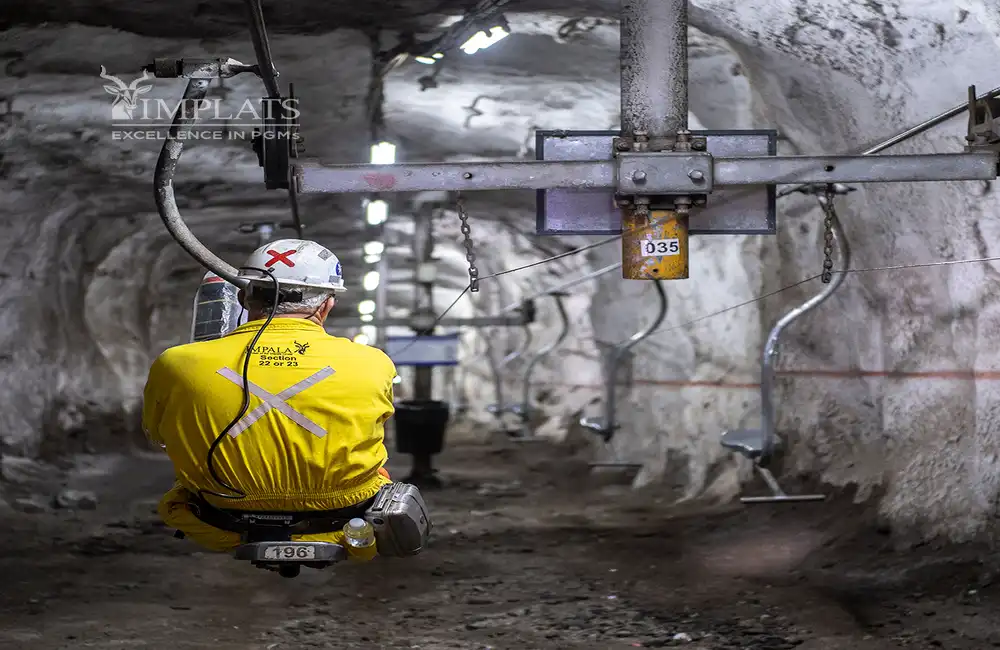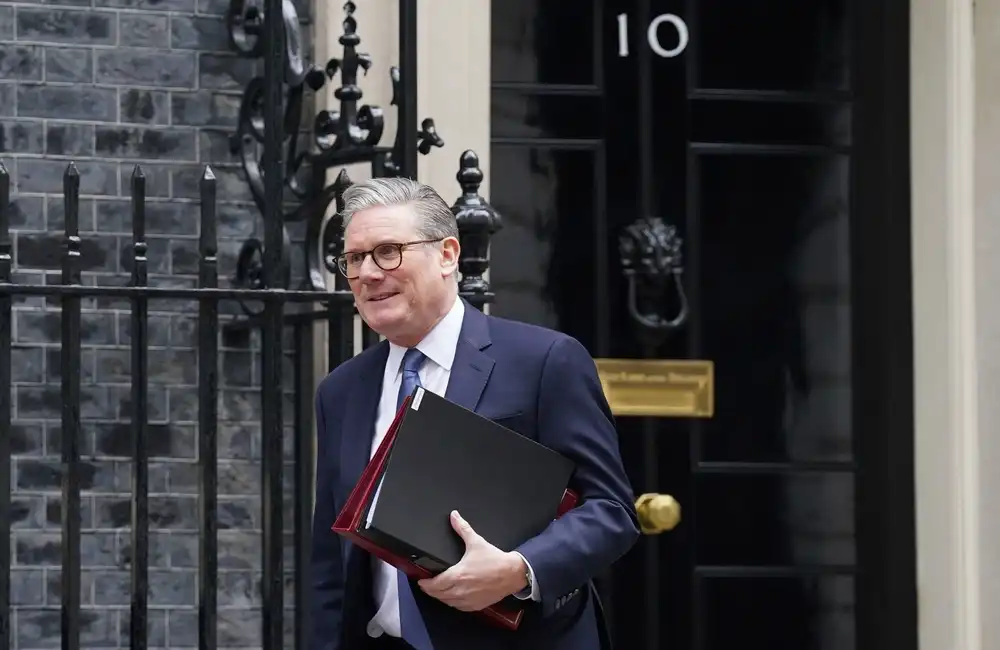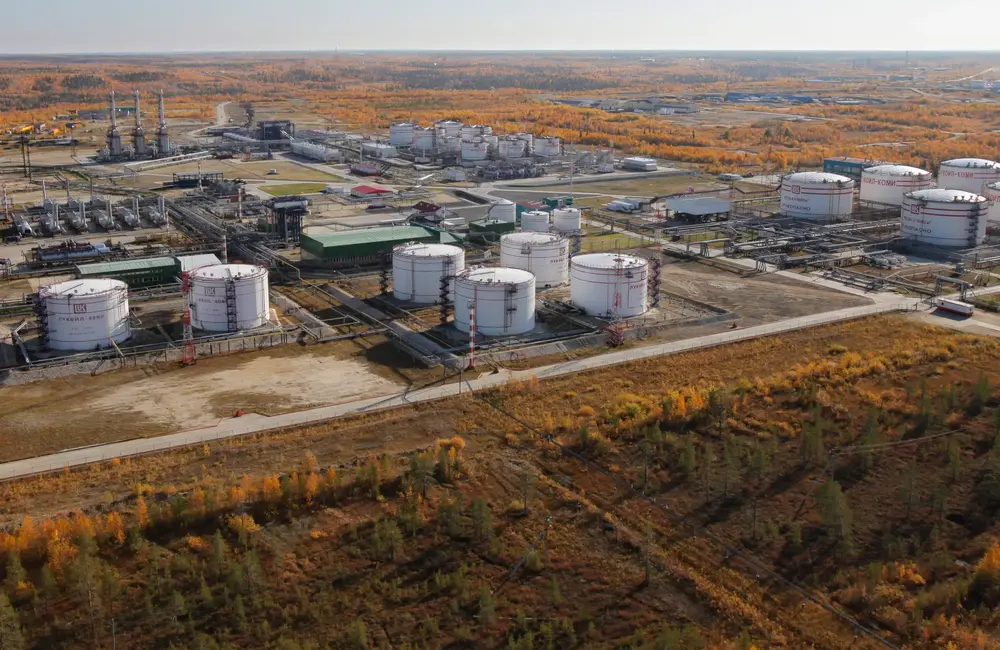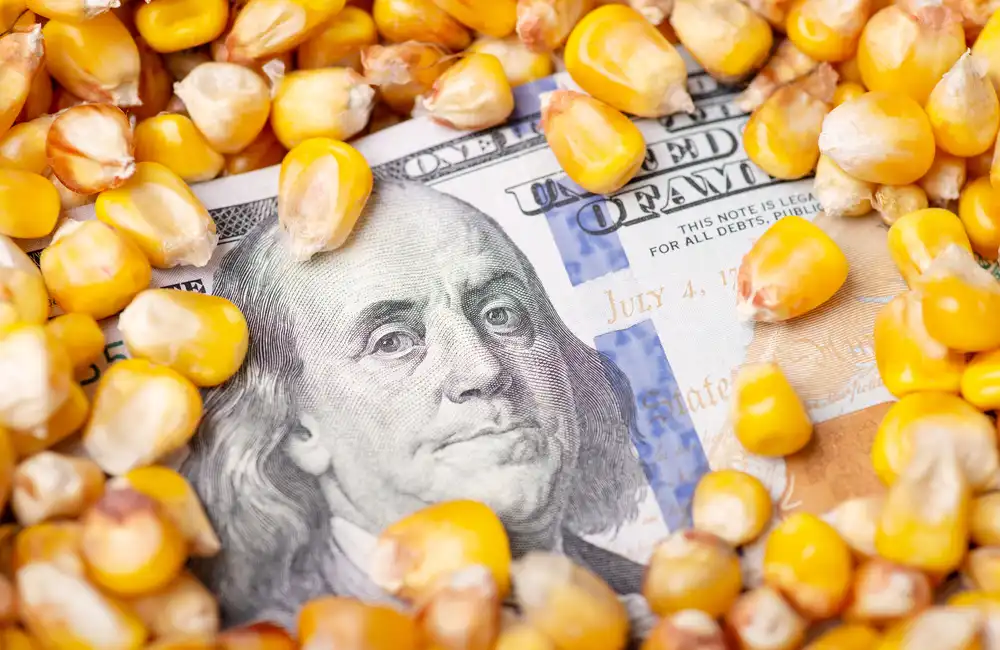US political officials are racing forward with talk of a measure containing provisions to repeal Russia’s most-favored nation trade status, in a measure which would raise duties on US imports of Russian goods significantly, including many metals products.
US Senate Advances Legislation to Revoke Russia's Permanent Normal Trade Relations (PNTR)
“We’re working through the details and procedure with the [House of Representatives and White House] on exactly how a PNTR (permanent normal trade relations) repeal will proceed,” a spokesman for Senate Finance Committee Chair Ron Wyden told S&P Global Commodity Insights on March 15, noting that more information would be soon forthcoming.
The legislation was introduced by Wyden to the Senate Finance Committee on March 8 and would suspend the US’s normal trade relations with Russia and Belarus, part of a continuing series of economic sanctions being imposed on Russia in recent weeks as a result of the country’s invasion of Ukraine.
“Importantly, the legislation makes clear that the ban would remain in place until Russia halts its aggression, ceases threatening our NATO allies and partners, and recognizes a free and independent Ukraine,” Senate Finance Committee Ranking Member Mike Crapo said in a March 9 statement.
“Crucially, the law gives Congress the ability to override any effort to lift the ban.”
Permanent normal trade relations status with the US is similar to, and in some cases synonymous with, the most-favored-nation trade status outlined by the World Trade Organization. Other G7 countries said on March 11 that they would join the United States in imposing similar trade status revocations against Russia.
While the Harmonized Tariff Schedule of the US, maintained by the US International Trade Commission, maintains distinct duty rates that apply to some favored trade partners (known as column 1 duties) and other non-favored trade partners (known as column 2 duties), only Cuba and North Korea are considered non-favored trade partners.
“Notwithstanding any other provisions of law, effective on the day after the date of the enactment of this act, the rates of duty in column 2 of the Harmonized Tariff Schedule of the United States shall apply to all products of the Russian Federation and of the Republic of Belarus,” Wyden’s legislation reads.
The president could also impose duty rate raises above the column 2 rates, with prior approval from Congress, it adds.
For nonferrous metals, duties on imports from Russia to the United States could be increased up to 18.5% for most unwrought aluminum, 100% for magnesium, 45% for cobalt, and 20% for finished steel, according to the tariff schedule.
The final version of the bill approved could look different from the version originally introduced by Wyden.





















